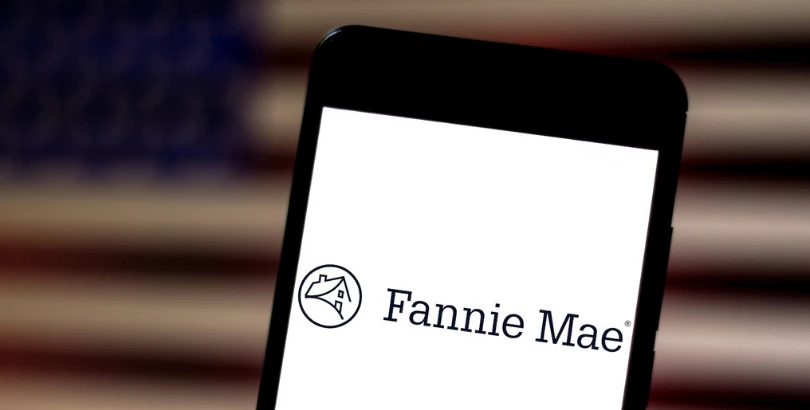This website uses cookies so that we can provide you with the best user experience possible. Cookie information is stored in your browser and performs functions such as recognising you when you return to our website and helping our team to understand which sections of the website you find most interesting and useful.
What Fannie Mae’s R&W Policy Change Means to Mortgage Lenders

Early this month, Fannie Mae issued a Lender Letter to its single-family sellers that included updates to the temporary policies that were set into motion on March 31, 2020 in response to the COVID-19 crisis. One of the significant changes Fannie Mae made in its announcement was an update to their R&W policy for employment verification. The amendment temporarily suspends VOE rep and warranty relief for all lenders.
In a recent article about the Lender Letter amendment, HousingWire summarizes this change: “The government-sponsored enterprise also suspended representation and warranty relief for employment validation within the Desktop Underwriter validation service on loan case files created on or after May 4 through June 30, although lenders are still required to perform a verbal verification of borrower employment status.
COVID-19 has caused much uncertainty for people’s employment. Jobs that were once considered safe, pre-pandemic, are now obsolete. With rapid shifts in employment status and businesses shuttering across the nation, lenders can’t guarantee that because borrowers have a job today, that they will have the job tomorrow. It’s a risk Fannie Mae is not willing to take.
Grace Currid, SVP at Homebridge Financial Services, believes Fannie Mae made the right decision in National Mortgage News: “The fact that asset and income remain subject to rep and warrant relief is key for lenders. But given the rapid shifts in employment status amid the pandemic, and with online database information that could be 30 days old and stale, the change was the right thing to do.”
Whether you agree with the change or not, the update might create some confusion for mortgage lenders.
What does this mean for mortgage lenders?
Here are three ways the temporary suspension to R&W relief for employment validation affects mortgage lenders:
- Knowing how quickly employment can change, lenders will have to rely on more thorough methods of verifying a borrower’s employment, such as assets and income.
- With lenders spending more time on verifying employment due to the unstable job market, speed and accuracy will be the top two values that lenders will look for when shopping around for an employment verification solution.
- The perceived costs of Day 1 Certainty® approved VOE vendors in the market may not be worth what they once were without the insurance of R&W relief. Lenders may want to consider alternative solutions for employment verification that provide both high-quality, detailed verification and cost-effectiveness.
What should mortgage lenders do now?
Regulations, market trends, and other factors are changing day to day in this pandemic world. The problem that lenders are trying to solve is uncertainty. Lenders cannot make borrowers’ employment status solid and cannot guarantee their income for the amount of time it takes lenders from clear to close. These are all factors that are outside of a lender’s control.
During this uncertain time, lenders need to be more realistic about controlling the factors they can actually control. For the lenders who are currently in the market for verification solutions and evaluating various products, they should focus on how that technology will ultimately drive their ideal end state — having the clearest picture of that borrower as it exists from the time that they are pulling that data.
There are verification solutions that offer the value of insurance of rep and warranty relief, but in the absence of that, like we’re now seeing now with VOE, lenders need to lean in on what exactly the solution is solving for. Ocrolus’ cross document validation technology takes documents and the data inside those documents at their merit, allowing lenders and their processing teams to simply analyze the data that’s in front of them. This is exactly what lenders should hone in on now with the suspension of R&W relief for employment verification.
My one-line of advice to mortgage lenders: Control what you can in the current environment by making the most well-informed decision about your borrower in real time with the information you are presented with.





